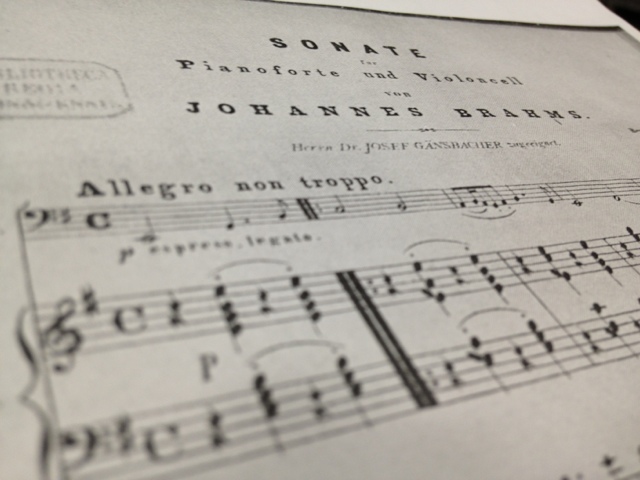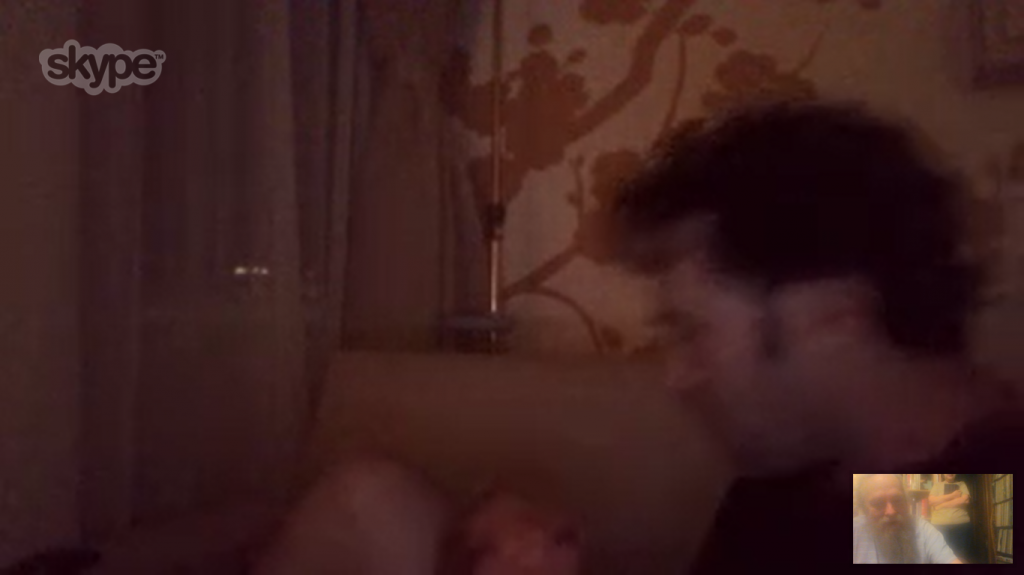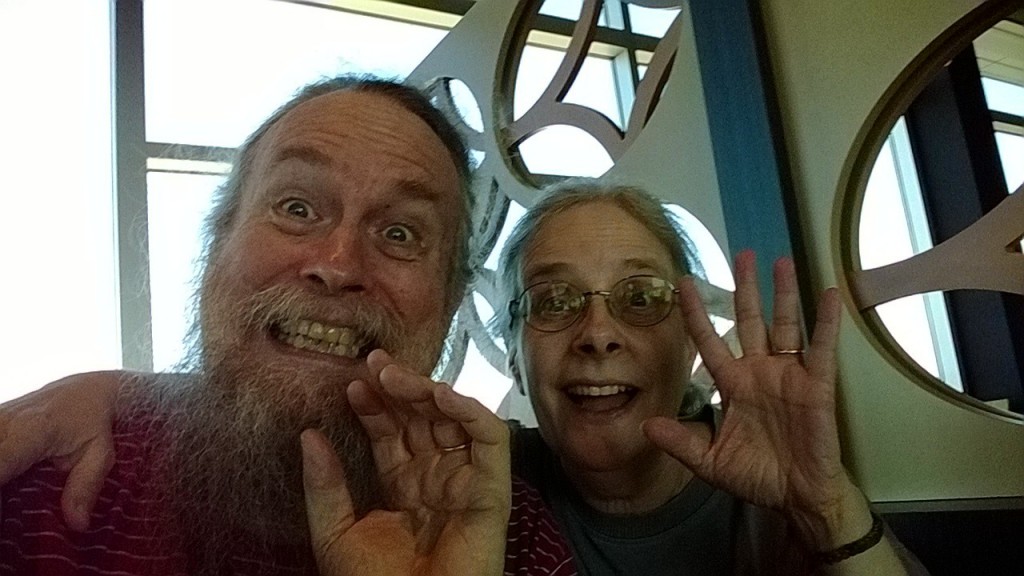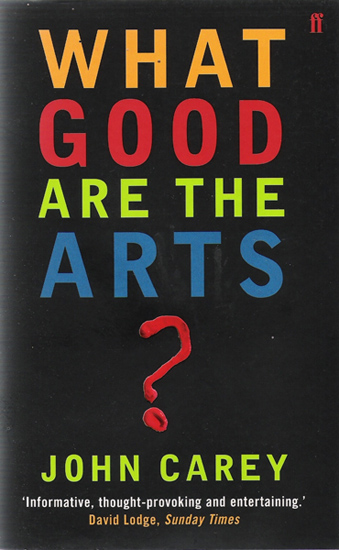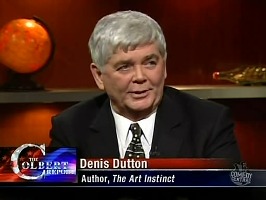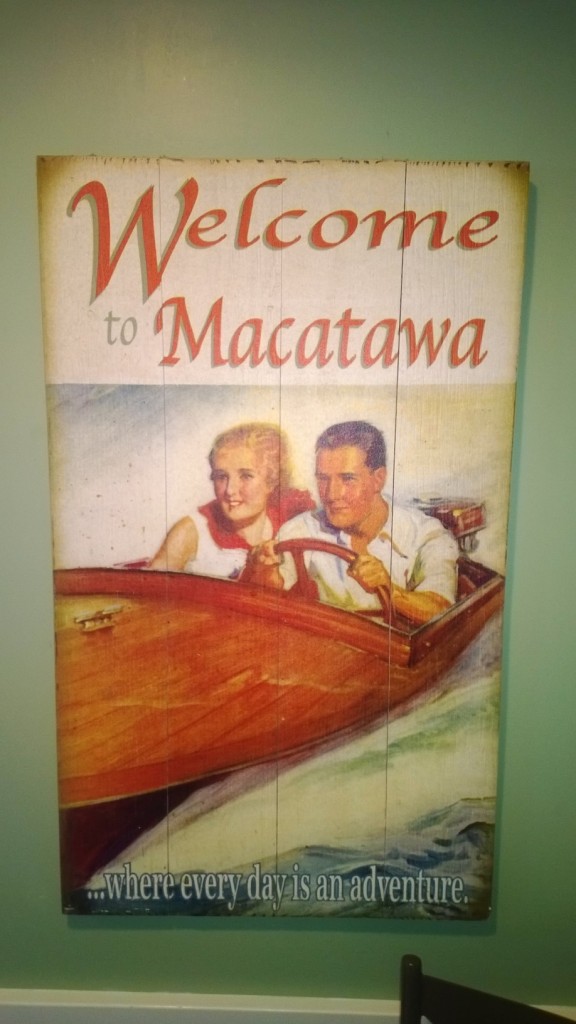
With any luck, my blog tomorrow will look something like this.

I have attempted to install a plug in to do this. I am supporter of Net Neutrality but a pretty cynical one. I’m not sure the internet will continue to be a resource that is helpful and available to all. But I’m for it.
I have been struggling with tech lately. The many layers of possible solutions to glitches is frustrating. I notice that the time it takes me to figure out whether it’s my computer, my router, my internet connection or a web site that is causing a slowdown is annoying me more. It’s becoming more and more like the old dial up where I would sit and wait with a book or a newspaper while the connection resolved itself.

The last couple of days I have been using my old Greek texts because somewhere along the line my Kindle book versions of the second edition are taking forever to load when I try to turn back a page. Good grief.

I am finishing up David Byrne’s How Music Works. Some of what he writes frustrates me. I think he is a skilled song writer and performer, but there is a lot about music that he either ignores or just plain doesn’t know.
Also, his lens seems to be strictly commercial and popular. He doesn’t like Bach, Mozart or Beethoven in particular. That’s fine, but he also seems to see them in our present society as representatives of an economically elite way of living. It’s really weird, since he himself seems to be to be a representative of what is dominating our artistic life, namely the popular/money -making/celebrity elite.
There is actually less and less room for anything truly eccentric or gratuitous. Or that judges itself in terms of profundity and meaningfulness, not potential for earning.
I think I will probably do a blog where I list many of Byrne’s omissions and errors in his discussion.
Or maybe not. Who knows?
Today I plan to finish a working final draft of the program for the AGO officer’s installation service next Monday. It’s busy work but it will take some time and the acquiring of some new skills such as using a publisher software the church owns. Fortunately, Gail the secretary has sounded very amenable to helping with this. I hesitate to just throw it at her, but will definitely ask for help.
I continue to feel a bit unique in how I see and do music. On the one hand, I have the David Byrne type people in my history. The ones who do only pop music. Like some of the artists I have known they are disinterested in history of their craft. I remember thinking how comical pretentious rock and roll guitarists were when I consider they would never have their goddam/I, IV, V/Louie Louie/”Man am I a heavy dude”/power chord progression without the evolving of tonality and harmony in the 14th to 17th century in Europe.

And likewise many of the classically trained musicians I have known have looked askance at music that is not primarily educated and (in David Byrne’s description) canonical.
Anyway, there’s more to this but I see that I’m running up a high word count.
Yesterday, I spent three and half hours on the piano bench improvising music for ballet class that speaks in a wider language than either musical camp. Then I rehearsed my upcoming accompaniments (Bach, Brahms and Mozart). Also I have been weirdly drawn into Schumann piano music lately and rehearsing it for the simple fuck of it.
Thus alienating myself from both strictly pop musicians and classical musicians in my head.
And church/organ music hardly enters the conversation since both sides see it as slightly disreputable and unimportant.
It’s odd to think how much pleasure I personally as an artist and a human get from stuff that stereotypically in my field is so unimportant or invisible on both sides of a stylistic divide.
Whippy skippy.
Unusual funeral.
I’ve been following this story.
This article says there’s a way to turn off that annoying instant video play in the Facebooger newsfeed. Haven’t found it yet but will look again.
Charles Blow summarizes a recent study which shows the continuing white racism in our country.
Learned some history from this article.
Rick Perlstein, the author of this article. put a link to it up on Facebook for his followers (I’m one) with the very interesting observation that the NYT had rejected it as hard to follow. Very funny.























